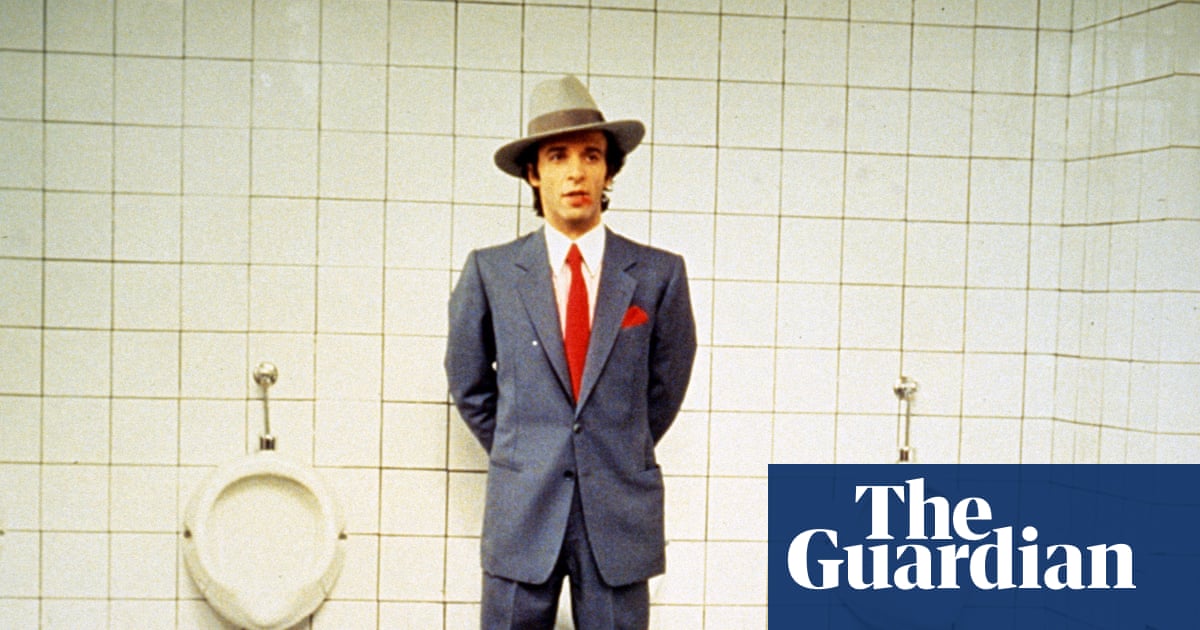
"Yes, it's farce, but it's also sly social commentary, ridiculing the mafia without sanctifying its opposition, and playing with the gap between how things are and how they appear. Six years before his Oscar-winning role in Life is Beautiful introduced him to a global audience, Benigni wrote, directed and starred in this 1991 box office hit that instantly became a national classic. Stecchino is Italian for toothpick, and mafia boss Johnny Stecchino always has one between his lips, a prop that defines his swaggering persona."
"I first saw the comedy on TV a few months after moving to Sardinia in 2003. Struggling to follow the plot, I kept mixing up Dante, the naive, banana-munching bus driver, with his doppelganger Johnny both played by Benigni who others often mistake him for. His name is no accident: Dante, like Italy's great poet guiding readers through the Divine Comedy. But this Dante stumbles through his own comic inferno with no map and no clue, surviving on oblivious charm."
"Dante is wined and dined, treated with baffling deference, and listens earnestly as a mobster, introduced as Johnny Stecchino's uncle, gravely dispenses truths. He assures Dante that the cocaine he is offered is actually diabetes medicine, and later reveals the true evil of Sicily is not the mafia, but Palermo's traffic. Dante nods with heartfelt conviction, as if zio has finally voiced what he's believed all along."
Roberto Benigni wrote, directed and starred in Johnny Stecchino, a 1991 Italian box-office hit that became a national classic. The film mixes farce with sly social commentary, ridiculing the mafia while refusing to sanctify its opposition and highlighting the gap between reality and appearance. Benigni plays both Dante, a naive, banana-munching bus driver, and mafia boss Johnny Stecchino, whose toothpick defines his swagger. Maria, played by Nicoletta Braschi, plots to pass Dante off as her husband and have him killed so she can escape the mafia. Dante's oblivious charm, comic misreading of social codes, and earnest belief in absurd truths drive the film's humor and pathos.
Read at www.theguardian.com
Unable to calculate read time
Collection
[
|
...
]